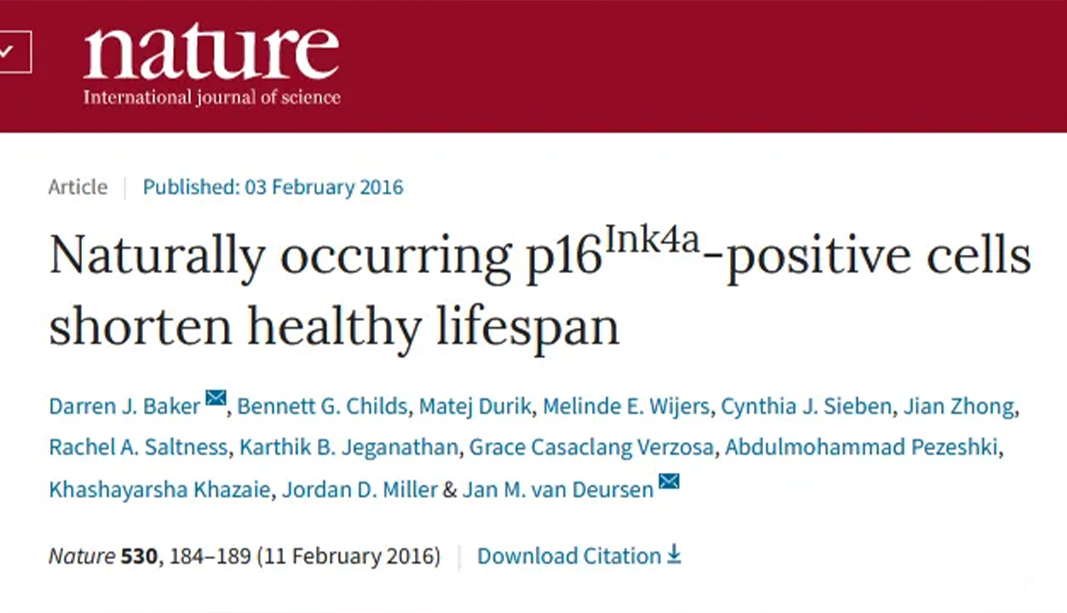- 486
- HENGLU NEWS
It is well known that the human body relies on its immune system to fend off the invasion of pathogens and viruses. Medical experts often liken the immune system to a sophisticated police force within the body, constantly protecting our health. As a crucial member of the immune cell army, NK cells serve as an indispensable "vanguard," especially in the fight against cancer. NK cells do not require pre-stimulation from tumor antigens; they can directly kill tumor cells while inducing apoptosis through the release of cytokines. They are widely recognized in the medical community as the first line of defense against cancer.
With ongoing research, people have gradually come to understand the distinctions between NK cells and other immune cells. They do not require special commands from the immune system or cooperation from other cells; they can identify and eliminate pathogens on their own. Utilizing their inherent immune defense capabilities, NK cells can resist the invasion of bacteria and viruses, exert immune surveillance, and maintain immune stability. They can also eliminate damaged, cancerous, and aging cells, thereby having an effect on delaying the aging process. As innate immune cells, NK cells represent a versatile type of immune cell, combining three major functions: immune surveillance, immune response, and immune memory.
Let's get to know this multifunctional "jack of all trades." NK cells, also known as natural killer cells, are a core component of the innate immune system and are the most potent and effective immune cells against cancer cells and viruses. They originate from the bone marrow and are the third major type of lymphocyte, apart from T cells and B cells, comprising about 15% of all immune cells (white blood cells) in the bloodstream. They are primarily distributed in peripheral blood, the liver, spleen, and placenta.
NK cells have cytotoxic effects on almost all common types of cancer cells, including lung, breast, liver, lymphoma, and esophageal cancers, and they also exhibit cytotoxicity against multi-drug resistant tumor cells.
As a new method for cancer treatment, NK cell immunotherapy addresses the drawbacks of surgery, radiation, and chemotherapy, which may be "incomplete, prone to metastasis, and carry significant side effects." By targeting the immune functions of cancer patients and using their specific recognition of diseased cells, NK cell therapy aims for a "precise strike" against tumor cells, further enhancing patients' immunity, and preventing recurrence and metastasis, thereby improving their quality of life and extending survival.
Among the immunotherapies commonly used in cancer treatment, CAR-T therapy is the most representative. However, the medical community struggles with the lack of a universal CAR-T cell therapy, as all patients require customized cells. In contrast, NK cells offer a potential "off-the-shelf" immunotherapy option.
Utilizing new biocellular technologies, researchers have equipped NK cells with CAR capabilities for the specific recognition of tumors, leading to the birth of CAR-NK therapy that can accurately target tumor cells.
In a study conducted by researchers at the University of California, San Diego, it was demonstrated that CAR-NK cells exhibit better anti-tumor effects compared to CAR-T cells. The research showed that CAR-NK cells possess a more mature structure, have fewer side effects, and provide enhanced anti-tumor efficacy with almost no cytokine storm.
We know that most chronic diseases are exacerbated by aging. As people age, stopped-growing cells accumulate in the body, becoming the "culprits" behind aging-related diseases such as age-related degenerative diseases, cardiovascular diseases, malignant tumors, tissue/organ fibrosis, diabetes, osteoporosis, and autoimmune diseases. These conditions have very high incidence and mortality rates and are significant contributors to human mortality.
On February 4, 2016, molecular biologist Baker from the Mayo Clinic published findings in Nature, indicating that immunocytes centered around NK cells can eliminate aging cells, potentially extending the lifespan of animals by 20% to 30%. Related studies have confirmed the powerful ability of NK cells to eradicate aging cells.

Subsequently, researchers at Loughborough University in the UK published findings in the journal Cells, indicating that NK cells are core participants in the immune surveillance of aging cells. Their levels increase with age; however, their cytotoxicity and functionality decline, leading to a higher likelihood of infections, malignant tumors, and inflammatory diseases. Researchers believe that "improving NK cell aging plays a crucial role in the treatment of age-related diseases and in delaying biological aging."
Currently, various organizations and researchers have embarked on studies to activate NK cell functions, increase their numbers, and enhance their activity. Among the many published research findings, the use of Lacto-N-trioseⅡ (lactose-N-trisaccharide) from HMOs (human milk oligosaccharides) to activate NK cells has become a focal point of industry interest, offering more options for optimizing NK cell activation.
As the scientific community continues to deepen its research, we can expect more methods to enhance the quality of NK cells within the body, prevent and delay cellular degeneration, and restore normal physiological functions of cells, allowing NK cells to build a strong defense against cancer while also playing a greater role in disease recovery and combating aging.



